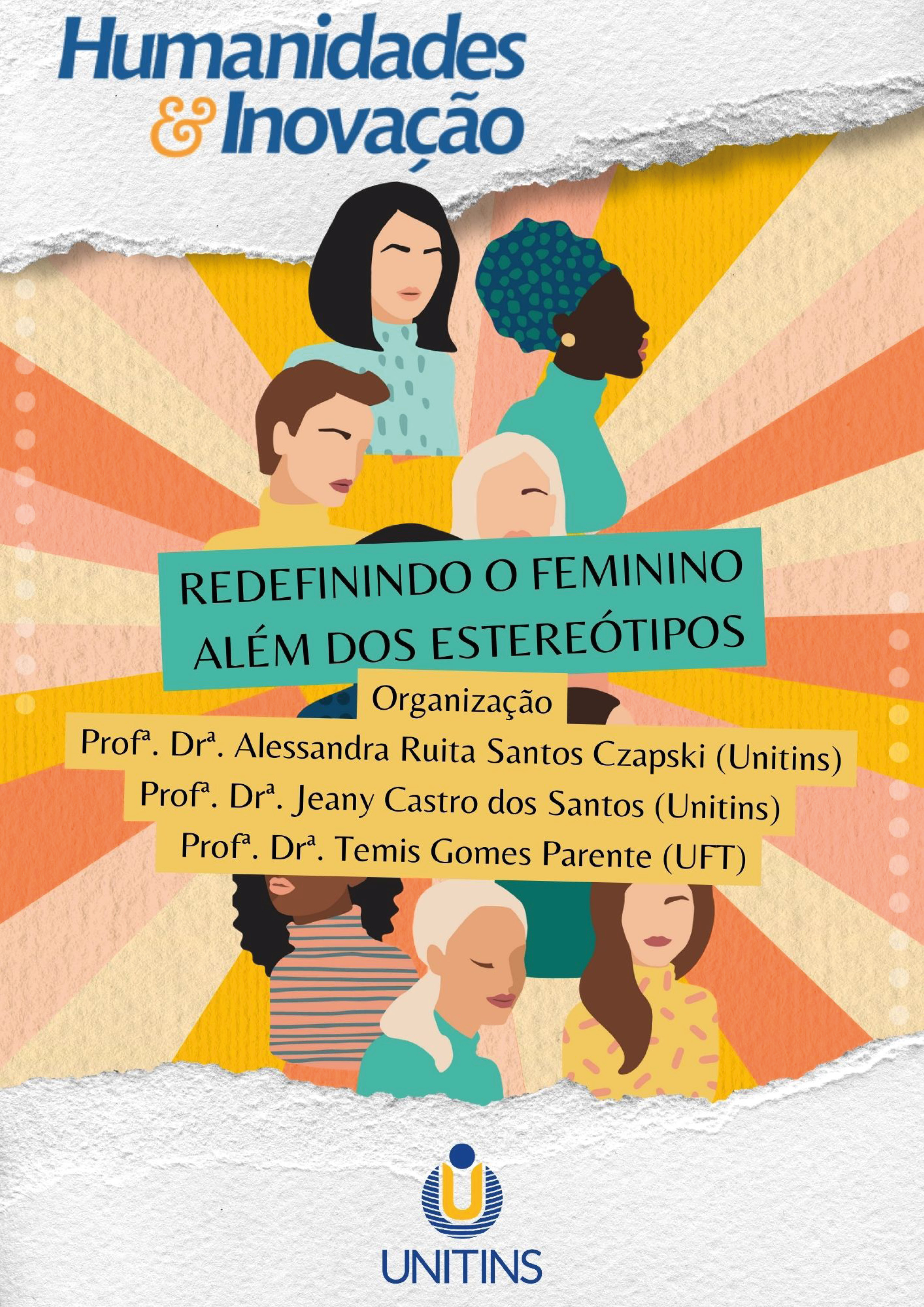LIDERANÇAS FIGITAIS E PRÁTICAS DE GESTÃO EM AMBIENTES CORPORATIVOS E EDUCACIONAIS NA REALIDADE BRASILEIRA
Abstract
“Phygital” leaderships are studied in the contemporary hybrid universe, marked by the use of digital media and tools, elevated to epistemes of the Human and Social Sciences. The objective is to contribute to the understanding of a system of relationships, resulting from the addition of a social element to activities carried out in digital contexts, through actions that e-leaderships allow to perform, in an individualized way. With the application of the deductive method, phygital leadership is understood in an interdisciplinary way, through the connection of sociocultural and cognition theories, in order to explain ways of thinking about the practice of management in corporate and academic environments, using the method of semi-structured interviews, carried out with 28 business and university leaders. The results obtained allow us to conclude that fictitious leaderships are presented as an innovative proposal in Brazil, but with relevant dissonances between the theory imported from Northern Hemisphere countries and Brazilian society, marked by historical diversities and inequalities, insufficiently addressed.
References
ANDERSON, P. H., & LAWTON, L. The relationship between financial performance and other measures of learning on a simulation exercise. Simulation & Gaming, v. 23, p. 326-340, 1992.
BENNIS, Warren; CUMMINGS, Thomas G.; SPREITZER, Gretchen M. (Org.). O futuro da liderança. São Paulo: Futura, 2001.
BOLDEN, R. Distributed leardership, University of Exeter, 2014. Disponível em: https://ore.exeter.ac.uk/repository/bitstream/handle/10036/32292/manag0702.pdf? Acesso em 11 de outubro 2022.
CONGER, J. A.; XIN, K. Executive education in the 21st century. Journal of
Management Education, v. 24, n. 1, p. 73-101, 2000.
D’AMBROSIO, Ubiratan, Transdisciplinariedade. 3. ed. São Paulo: Palas Athena, 2001.
GRONN, P. Distributed leadership as a unit of analysis. Leadership Quarterly, v. 13, n.º 4, p. 423-51, 2002.
HORN, Michael B.; STACKER, Header. Blended: usando a inovação disruptive para aprimorar a educação. Porto Alegre: Penso, 2015.
HUGHES, Virginia. A conversa é nossa maior ferramenta para alinhar mentes. O Estado de S. Paulo, 09/10/2022, p. C10.
IBARRA, H. & HUNTER, M. (Em linha). How leaders create and use
networks. Harvard Business Review, 2007.
LÉVY, Pierre. As tecnologias da inteligência: o futuro do pensamento na era da informática. Rio de Janeiro: Editora 34, 1993.
MARSHALL, T.H.; TOTTOMORE, Tom. Cidadania e classe social. São Paulo: Editora UNESP, 2021, p. 116.
O ESTADO DE S. PAULO. Notas e informações. Dilemas do ensino superior a distância, 10/10/2022, p. A3.
OLIVEIRA, Isolina Rosa Pereira; COURELA, Maria da Conceição Pires. Práticas de liderança em contextos online: Um estudo de caso. Novas Tecnologias na Educação, v. 14, n.º 1, julho 2016.
PEREIRA, A.; MENDES, A.; MORGADO, L.; AMANTE, L.; BIDARRA, J. Modelo. Pedagógico virtual da Universidade Aberta: Para uma universidade do futuro, 2007.Disponível em:
PERRENOUD, Philippe et al. Construir as competências desde a escola. São Paulo: Artmed, 1999.
POSTAN, M.M. Economic History of Western Europe, 1945-1964). Londres: Methuen, 1967.
ROSINI, Alessandro Marco. As novas tecnologias da informação e a educação a distância. São Paulo: Thomson Learning, 2007.
ROSINSKI, P. Coaching across cultures. London: Nicholas Brealey Publishing, 2003.
SANTANA, Anderson. Realidade ‘figital’ avança e transforma o mundo dos negócios. Folha de São Paulo, 5/10/2022, p. A26.
SIMONDON, Gilbert. Do modo de existência dos objetos técnicos. Tradução Vera Ribeiro – 1. ed. Rio de Janeiro: Contraponto, 2020.
SOUSA, Katia Menezes de; PAIXÃO, Humberto Pires da (Orgs.). Dispositivos de poder/saber em Michel Foucault: biopolítica, corpo e subjetividade. São Paulo: Intermeios; Goiânia: UFG, 2015.
VALENTE, José Armando, et al. Educação a distância via Internet. Campinas: Avercamp, 2003.
VERGARA, Sylvia Constant. Projetos e relatórios de pesquisa em administração. 7. ed. São Paulo: Atlas, 2006.
YUHLE, G. Pragmatics. Oxford: Oxford University Press, 2002.
WENGER, E. Communities of practice: Learning, meaning and identity. New York: Cambridge University Press, 1998.
ZABALA, Antoni; ARNAU, Laia. Como aprender e ensinar competências. Porto Alegre: Artmed, 2010.
Copyright Notice
The submission of originals to this periodic implies in transference, by the authors, of the printed and digital copyrights/publishing rights. The copyrights for the published papers belong to the author, and the periodical owns the rights on its first publication. The authors will only be able to use the same results in other publications by a clear indication of this periodical as the one of its original publication. Due to our open access policy, it is allowed the free use of papers in the educational, scientific and non-commercial application, since the source is quoted (please, check the Creative Commons License on the footer area of this page).











